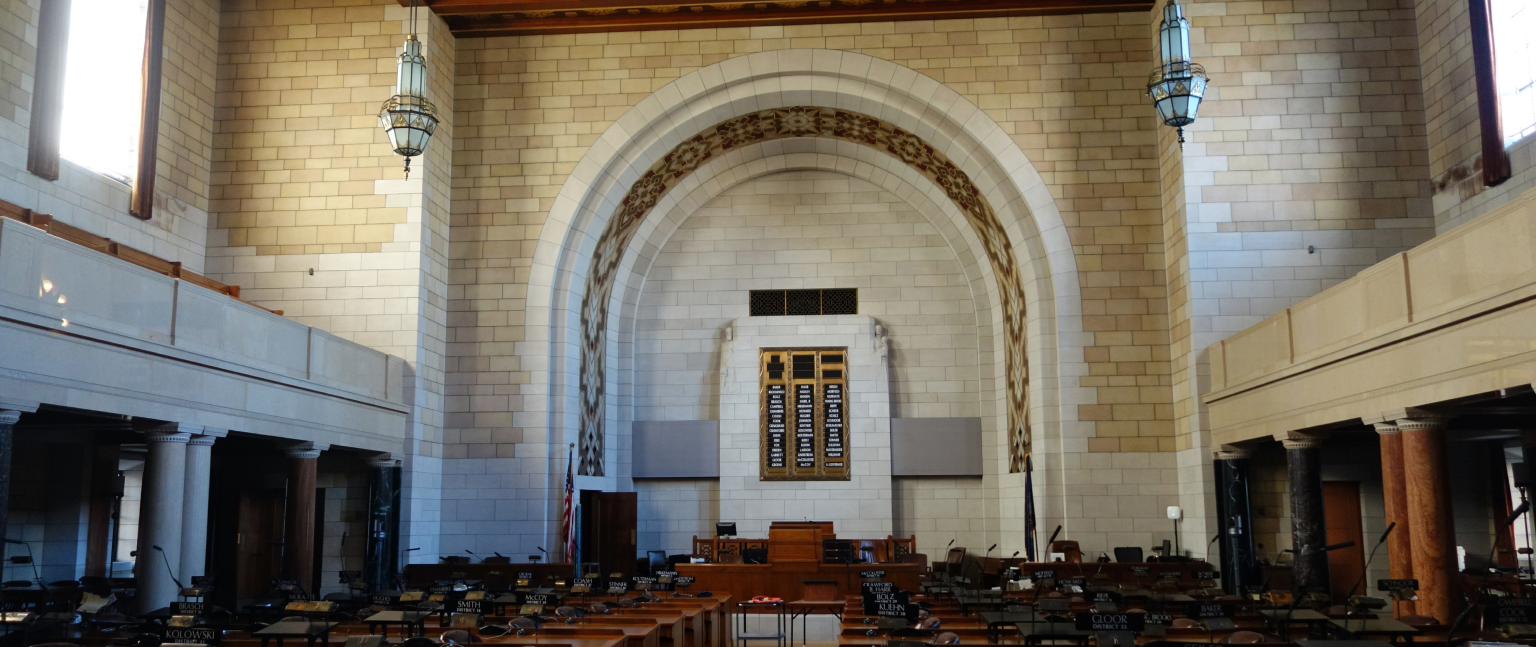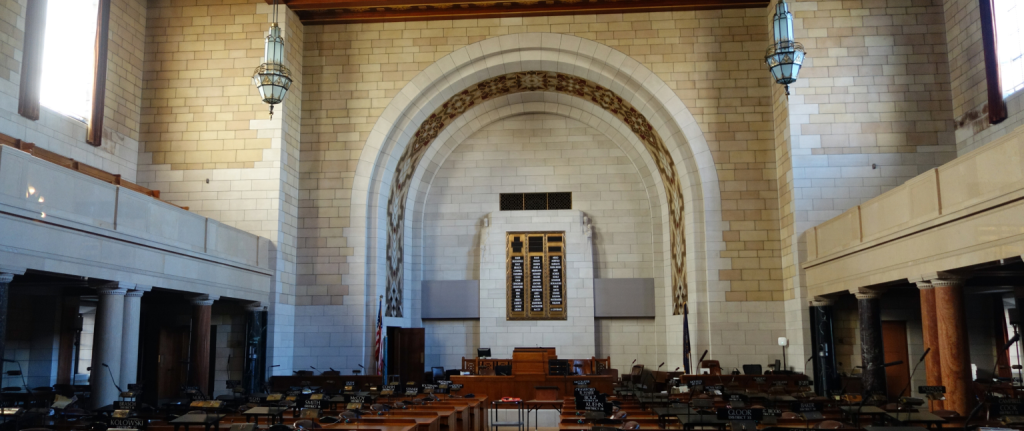$23.2 billion
The Institute on Taxation and Economic Policy (ITEP) estimates that a new provision incentivizing giving to private school scholarship programs would reduce federal tax revenue by $23.2 billion over the next ten years, or up to $67 billion if extensions are granted beyond the current 4-year authorization. The bill cuts incentives for most charitable giving, but those who solely focus on giving to K-12 private school education would see threefold increases in their tax incentives. The bill also provides incentives for corporate stock donations, creating an environment ripe for tax avoidance and personal financial gain for donors.
Charitable giving to organizations working on issues such as cancer research, child abuse prevention, food banks, houses of worship, veteran support organizations, animal welfare groups and homeless shelters would see a lower charitable giving incentive, capped at 35 cents on the dollar, down from the current 37. This is compared to the proposed dollar-for-dollar incentive for donations to private school voucher programs. It’s worth noting the larger standard deduction included in the 2017 Tax Cuts and Jobs Act already reduced charitable giving incentives by about a quarter and these proposed changes could further reduce the incentive for giving to other causes.
Additionally, ITEP outlines a scenario where high-income individuals could utilize the stock donation incentives to avoid paying taxes altogether. Normally, when an individual sells a stock, they pay federal and state taxes (if applicable) on the profit from that sale. But if an individual chose to instead donate the stock to a voucher program, they could exchange it for a dollar-for-dollar tax credit to avoid paying taxes on the profit. The practical effect is that this incentive would reduce state and/or federal tax revenues, with analysis by ITEP estimating that this will short Nebraska tax revenues by $200,000 in 2026, and totaling $1.2 million over the next 10 years.
Nebraskans overwhelmingly passed a ballot referendum last year to prevent a similar scholarship tax credit program from starting in the state.
540,000
Drastic cuts to Medicaid funding included in the Congressional budget reconciliation package passed last week would have widespread negative impact, including on the 540,000 children from birth to age 3 that receive services under Part C of the Individuals with Disabilities Education Act (IDEA). Part C facilitates early intervention services for children suspected of experiencing developmental delays or disabilities, including hearing loss, speech and feeding issues, motor delays, or vision services. Medicaid is a significant contributor to Part C services in all states, with numbers varying widely based on different state reporting requirements and regulations. Nationwide, about 55% of the students who receive services under Part C are Medicaid recipients.
Early intervention is proven to have a strong return on investment in both the short and long term. The National Early Intervention Longitudinal Study found that 42% of young children served did not need special education by the time they reached kindergarten as a result of early intervention services. The study also outlined better health outcomes, increased levels of independence as adults and higher quality nutrition for participants. Another study published by the Early Childhood Technical Assistance Center showed improvement in social-emotional skills and behaviors as well.
Nebraska received over $3 million in federal funding for the program in 2024, which provided services to about 3% of children ages 0-3 across the state.
$3.6 Million
The Nebraska Legislature advanced LB 707 to Final Reading on Tuesday, which is anticipated to save the State of Nebraska $3.6 million over the biennium by shoring up provisions of the Good Life Transformational Projects Act and subsequent tweaks passed by the Legislature.
The Good Life District is an economic development tool made possible by the passage of LB 727 in 2023 and refined by LB 1317 in 2024. It authorizes up to five Good Life Transformational Projects in the state, and reduces the state sales tax collected within the boundaries of the District to 2.75%, or half the state sales tax.
The sponsor of LB 707, Senator R. Brad von Gillern, chair of the Revenue Committee, outlined more than 12 different changes to the process, including prohibiting the use of eminent domain in the construction of the Good Life District, allowing multiple developers to congregate together for work within an established district, further defining a “new to market” retailer as one not currently operating within 40 miles of the district, capping the total sales tax income a developer can capture from retailers in a district at $5 million, and requiring any non-profit entities to pay taxes on construction materials used in a Good Life district.



